
Every year on November 11, Canadians remember the men and women who have served their country. Traditionally, we honour the departed, but Remembrance Day is about all of those who served. During WWII, on the front or as prisoners of war, it was vital for soldiers to stay in touch with their families and loved ones. Most of the time, the only way to do so was through correspondence.
Postal service during the war was a challenge. Letters didn’t travel the normal route: the delivery responsibility was split between postal services and the military. Censorship also prevailed for military mail. In Canada, prior to 1943, postal censorship was under the jurisdiction of the Postmaster General. It was then transferred to the Minister of National War Services. As army units moved around, sorted mail had to make its way through enemy territories: each letter that successfully reached its destination was a small miracle.
What did these letters look like? Today seems like a good day to discover documents produced in times of conflict. These examples from our archival collections tell stories of difficult times. Let us remember those who wrote and received these letters.
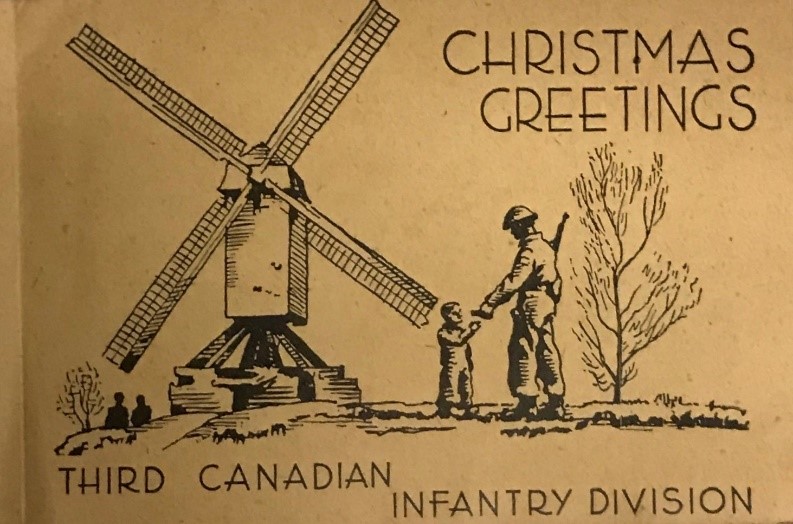
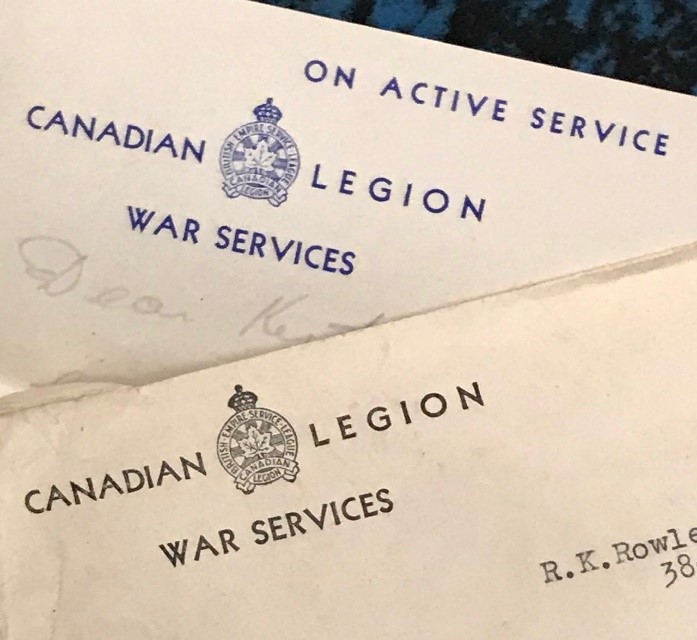
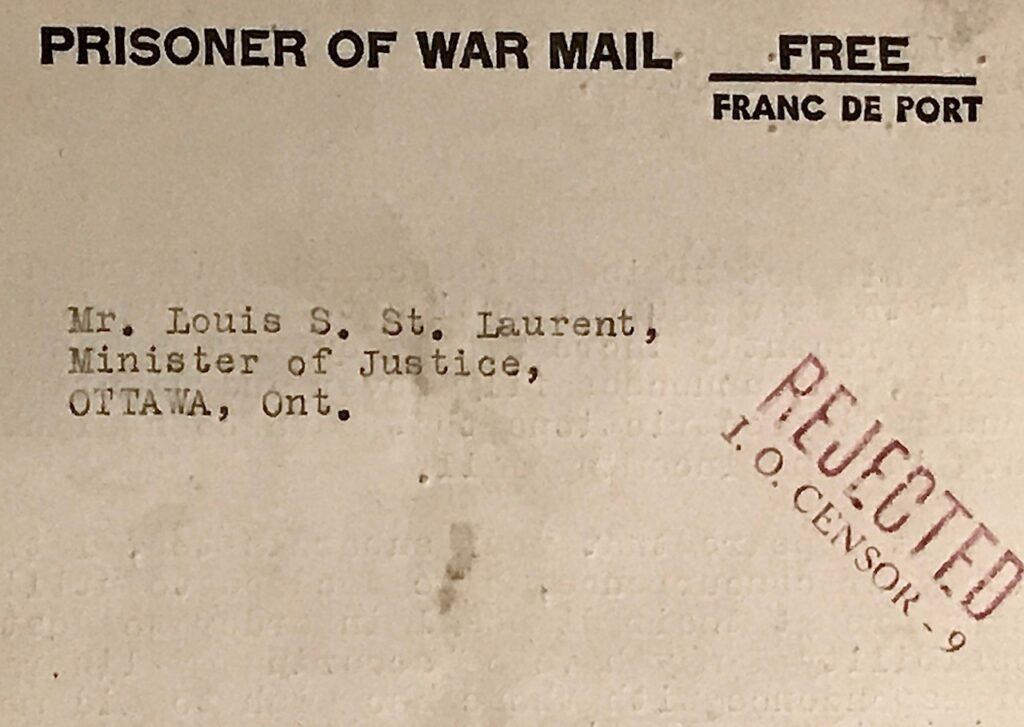
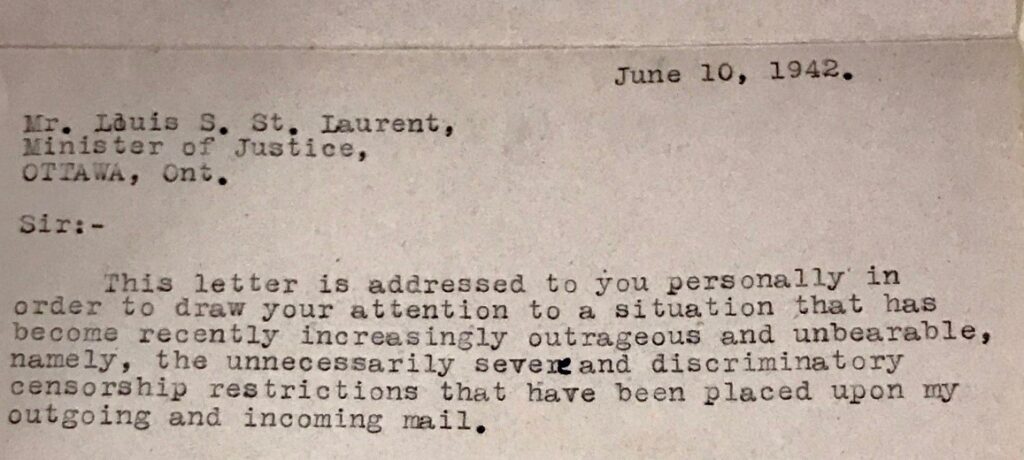
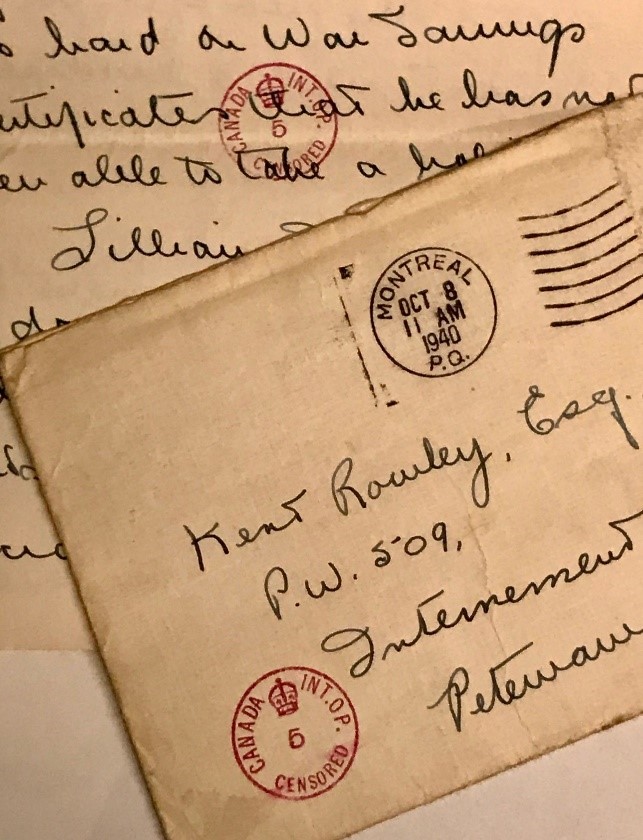
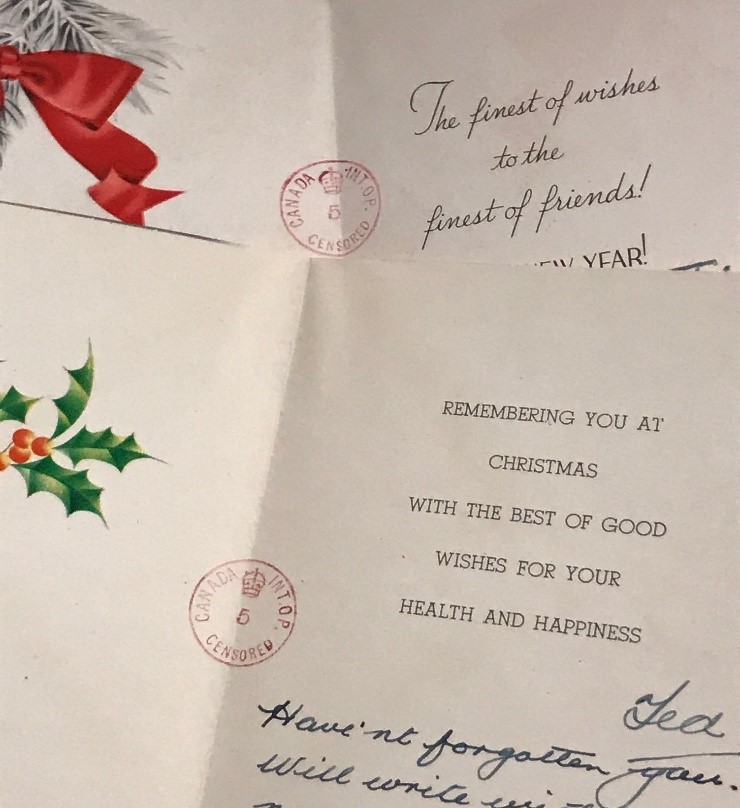
The letters pictured above are housed in the Madeleine Parent Fonds, which documents Parent’s work as a key union organizer and activist in Québec and Ontario from the 1940s-1980s. Parent’s husband, union leader Kent Rowley, was held as a prisoner of war in Petawawa and Hull from 1940 to 1942. The fonds contains his correspondence, including letters received in wartime from friends on the battlefield.
The Madeleine Parent Fonds is currently undergoing archival processing. The fonds will soon be available for you to explore through the McGill Library Archival Collections Catalogue, our integrated interface for searching the library’s archival holdings.
By Geneviève Beaudry, Archivist, Rare Books and Special Collections













Leave a Reply
You must be logged in to post a comment.